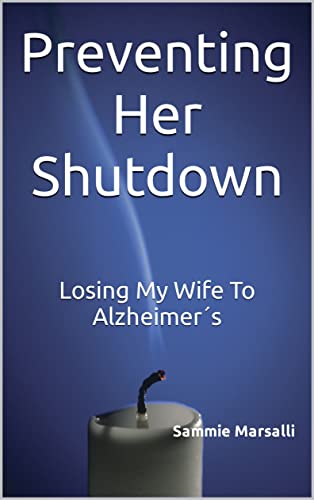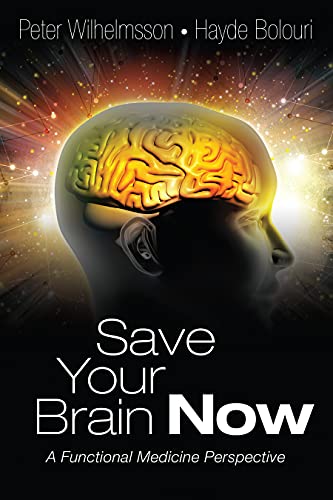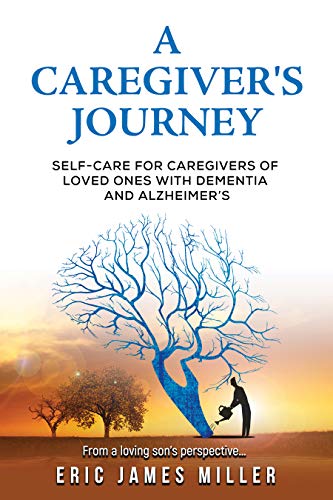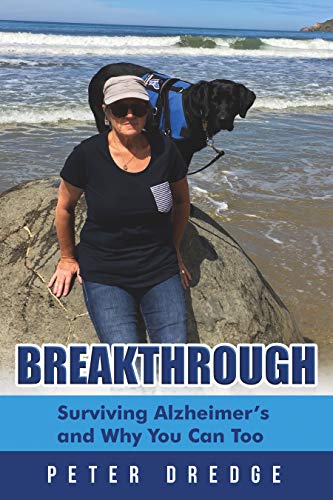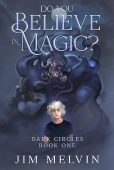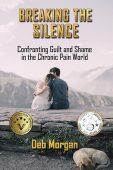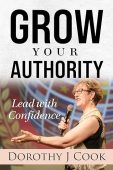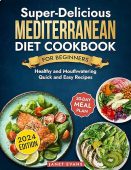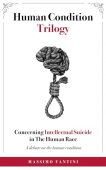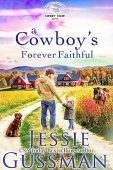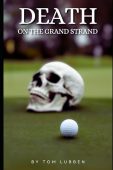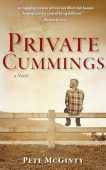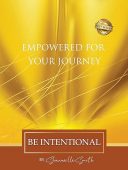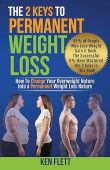I am simply an ordinary “John Doe” caregiver, husband sharing my experiences living and caring for my wife with Alzheimer’s. We have been married 43 years and I am trying to not let go and avoid her shutdown. Writing a diary about the events of the day and expressing my emotions on paper not only helped me ventilate my deepest feelings but helped me sort out how I was going to act differently the next day. Keeping up my diary helped me make new decisions and analyze what I was doing wrong.
I began to realize there are probably other “amateur” folks like me on their own trying to take care of a loved one with this disease and possibly could benefit from my shared personal experiences. Soon this diary turned into this book.
Does my wife know she is not well? Does she know how she was before she was diagnosed with Alzheimer´s? Does she remember her past? Then I realized “what about us”, our 43 years of marriage, does she remember that past? She recognizes me but how far back? Did our marriage begin in 1979 or 2017 when she was diagnosed? I wasn’t sure where I was in her memory, her friend or her husband.
How do I connect with my wife and get her to connect with me? This is always a constant desperation on my part especially because she doesn’t speak. I am always afraid she will stop connecting with me, especially when I get that blank look, that “daze into no man’s land. I never show my “ real panic” and always act as if everything is normal. Described in Preventing Her Shutdown is how I learned to “connect” with her, understand what she is thinking and what her feelings are, even though she is silent. More importantly, detailed is how she has learned to reach out and connect with me to communicate.
My experiences and actions as they happen “racing against the Alzheimer’s clock” to keep her communicating and interacting every day, even though she no longer speaks, are detailed in my never-ending battle to prevent her shutdown. $1.99 on Kindle.
